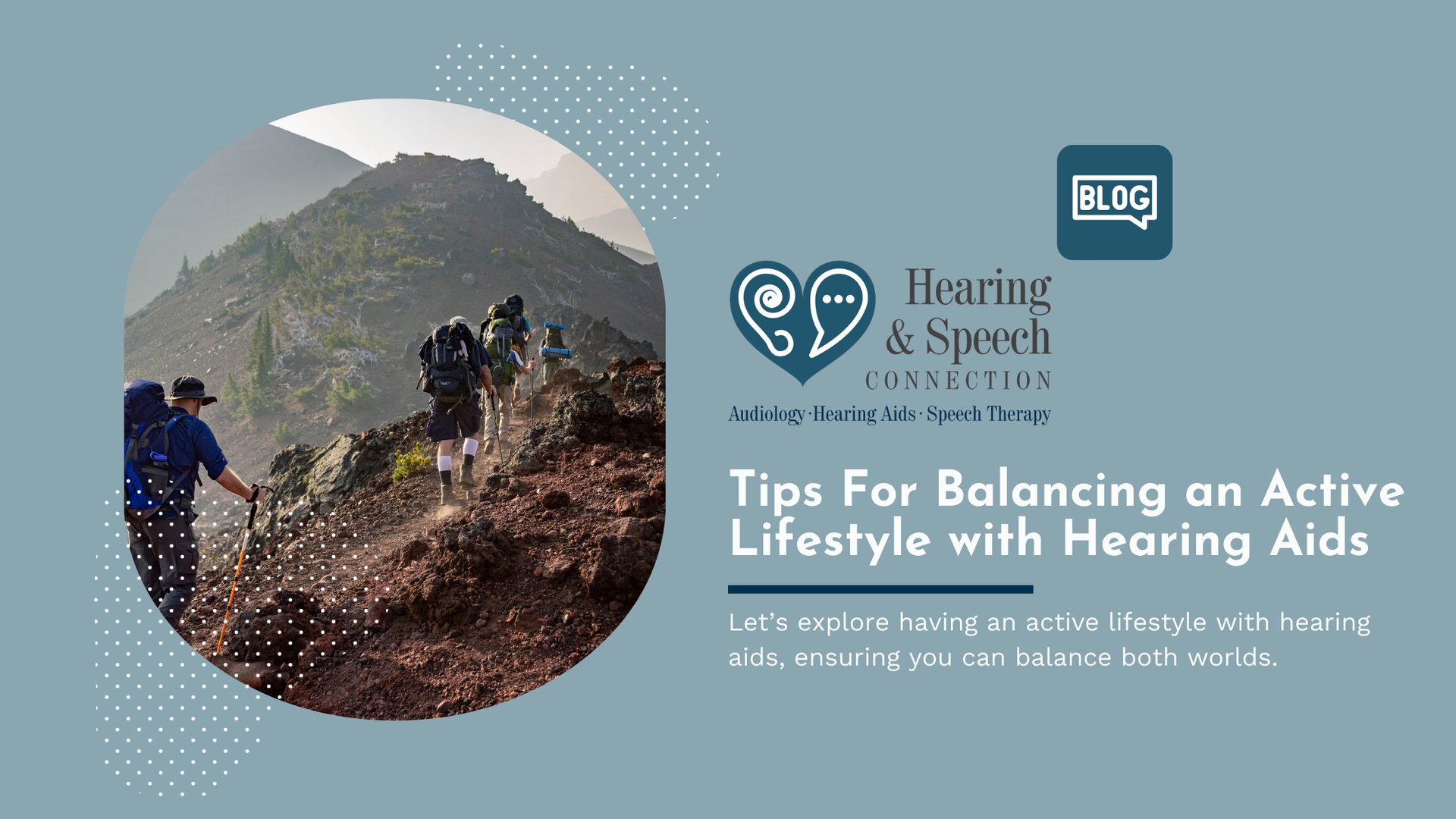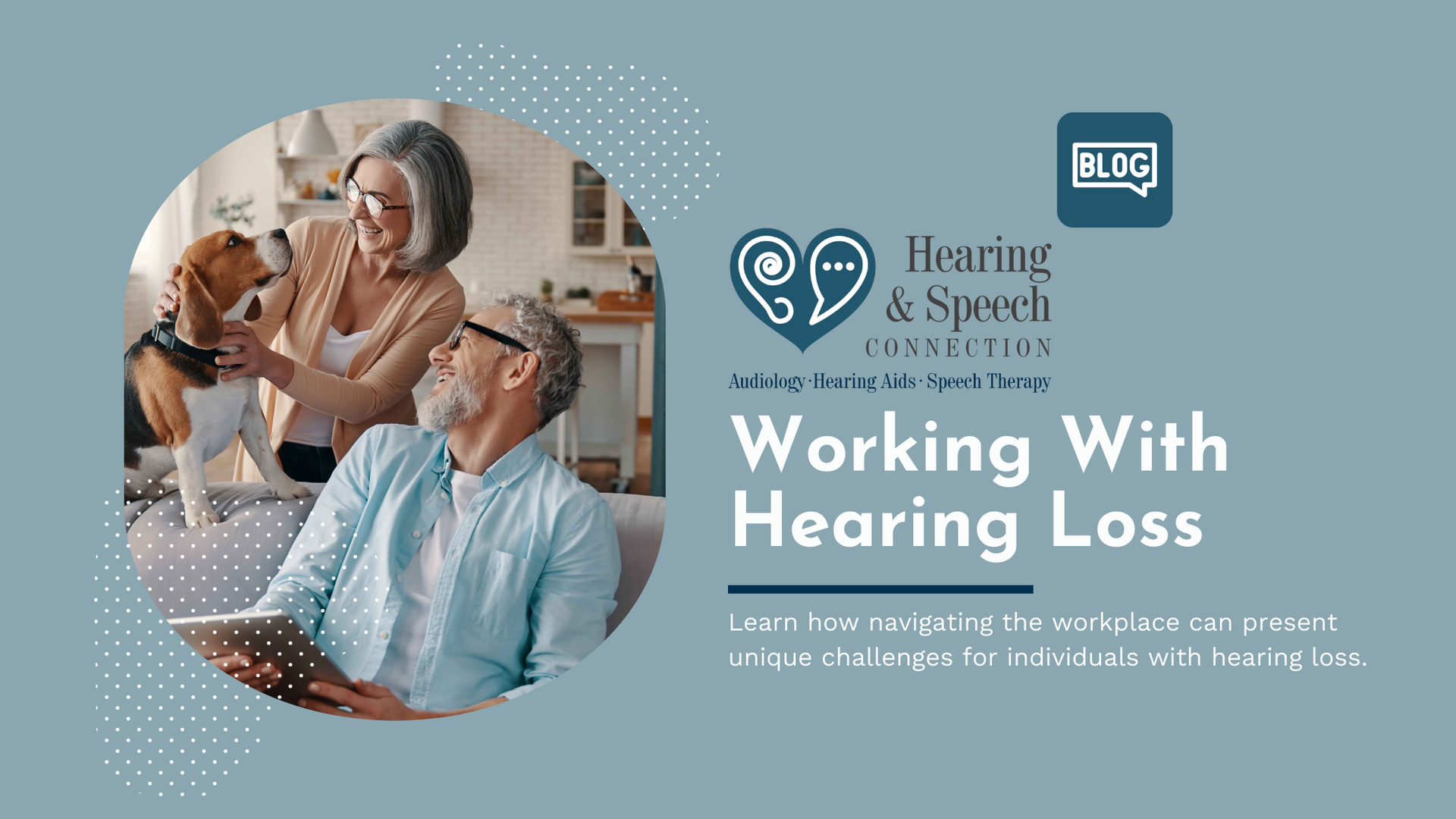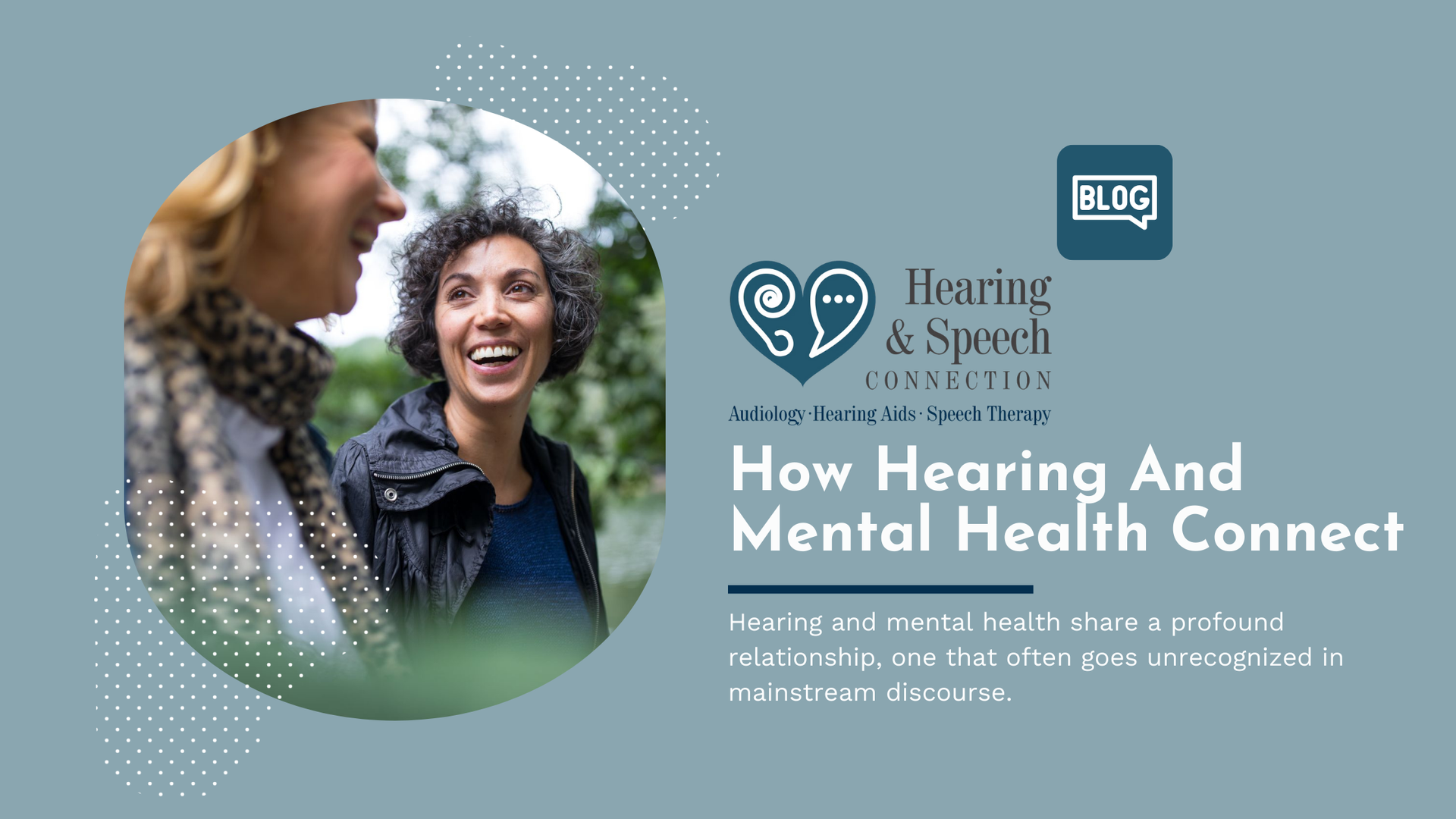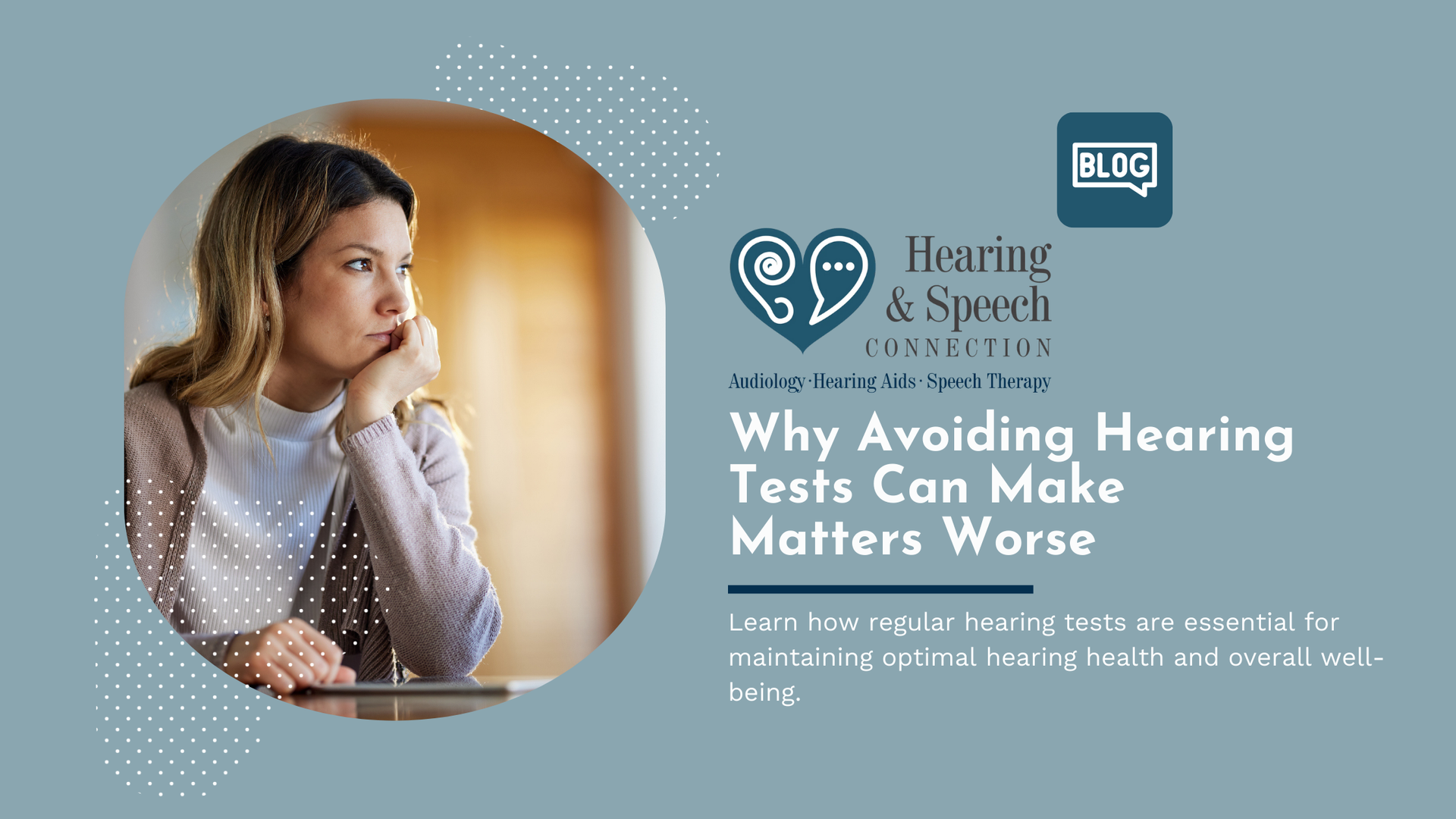Hearing Loss: Things People Wish You Knew
Hearing loss can be challenging to navigate. There are ways you can provide incredibly useful support that not only contributes to effective communication but also strengthens your relationship with your loved one with hearing loss. Taking the time to read about the things that people with hearing loss wish you knew can expand your understanding and the ways you provide support for your loved one.
- Hearing loss is exhausting. We often underestimate the energy it takes to hear and understand speech and sound. For many, this happens naturally and easily so we aren’t exactly aware of the complicated process that takes place so we can hear. But for people with hearing loss, their capacity to detect and process sound is reduced. This produces a range of symptoms that make it challenging to hear. This includes: tinnitus (a buzzing or ringing noise in the ears), sounds that are muffled or distorted, and identifying individual words can be challenging. This requires people with hearing loss to exert more energy in trying to hear and process what they are hearing. It takes the ears and brain more work and effort to absorb and process speech and sound. This can be exhausting and frustrating to deal with at times.
- I am not ignoring you. People often report feeling unheard of or ignored by their loved ones with hearing loss. They often mistake the energy being used to follow a conversation as being checked out and disinterest in what is being said. But understanding the work that goes into the hearing when you are navigating impaired hearing is critical. As previously described, it takes significant energy and effort to engage in a conversation. So though you may initially perceive this as being checked out, your loved one with hearing loss is likely trying hard to participate in the conversation.
- Hearing aids take time to adjust to. Hearing aids are the most common treatment for hearing loss. These electronic devices are designed to absorb, amplify, and process sound. Providing ample support, hearing aids make it easier to hear and communicate in all environments. This alleviates hearing loss symptoms and maximizes hearing capacity. Hearing aids are an effective treatment that transforms hearing health. But it is also important to know that they take time to adjust to. Hearing aids are not like glasses that you put on and vision is enhanced instantly. Rather, there is an adjustment period with hearing aids as the auditory system – ears and brain – learns to process sound in this new way. With hearing aids, people will likely hear sounds they haven’t heard in quite some time. The brain has to become familiar with these new sounds and sensory inputs which takes time. Practicing with your loved ones when they get their hearing aids is a useful way to help them get familiar with what it’s like to have conversations while wearing them.
- There are ways you can provide support. You can provide valuable support in a few ways. An incredibly useful thing you can do is practice effective communication strategies. This includes:
- Grabbing the person’s attention before starting a conversation – a simple way to do this is by saying their name. This allows them to be ready for the conversation.
- Avoid multitasking while having a conversation which can be distracting and prevent both of you from focusing.
- Reduce background noise by turning down any music or other audio playing, closing windows to cut down on environmental noise, and not using kitchen appliances while talking.
- Rephrase rather than repeat if they have a hard time processing something you’ve said.
- Write down or text detailed information (addresses, phone numbers, dates, etc.) that may be harder to catch during a conversation.
- Speak in a normal tone but be sure to be speaking clearly and fully enunciating words. Avoid projecting your voice which can further distort the sound.
In addition to these strategies, ask your loved one how you can best support their hearing during a conversation. They will likely have tips to share with you!
Be patient. Hearing loss is a journey. It takes time to adjust to hearing aids, learn how to best communicate, and navigate social settings. Be sure to be patient and understanding which can go a long way. Rather than getting frustrated if you experience miscommunication or if it takes a bit longer to understand, ask if there are ways you can support them. Effective conversations require everyone involved and your support in increasing accessibility can strengthen communication and your relationship.
The post Hearing Loss: Things People Wish You Knew appeared first on Hearing Connection.




